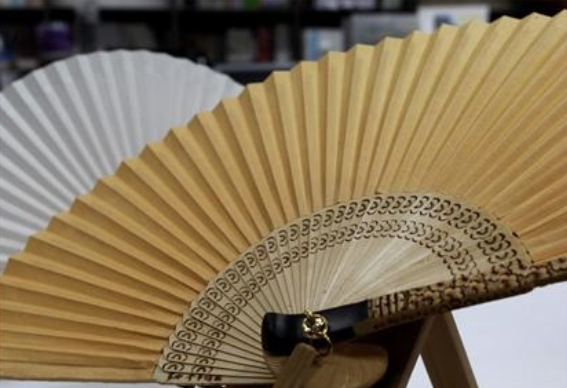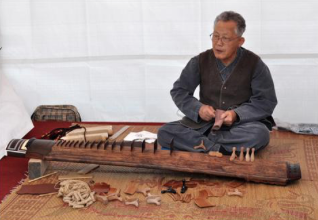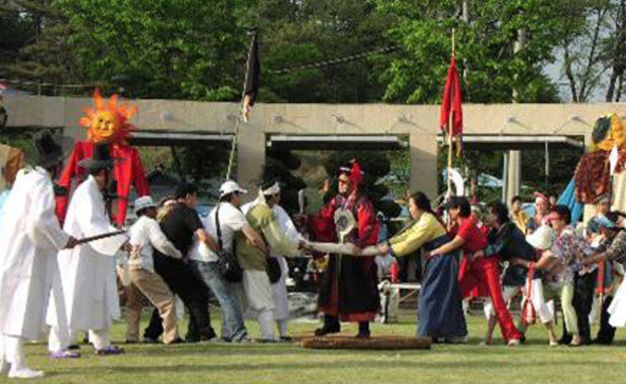 The main activity of this NGO has been safeguarding efforts of intangible cultural heritage through research and inventory projects. In particular, in order to encourage participation in the inventory process by those who possess intangible cultural heritage-individuals, groups, communities, NGO’s, etc.-we have made an online system (ICHPEDIA) and are helping with the recording in which they are directly participating.
The main activity of this NGO has been safeguarding efforts of intangible cultural heritage through research and inventory projects. In particular, in order to encourage participation in the inventory process by those who possess intangible cultural heritage-individuals, groups, communities, NGO’s, etc.-we have made an online system (ICHPEDIA) and are helping with the recording in which they are directly participating.
The recent activities of this NGO can be divided into the following four areas. First, we are carrying out a public service through the gathering of indigenous traditional knowledge by collaborating with residents from Korea’s farming, fishing, and mountain villages. Through this activity, we are promoting the utilization and protection of traditional knowledge as an intangible cultural heritage. Begun in 2010, this is our on-going project.
Secondly, we are operating Korea’s first ‘Intangible Cultural Heritage On-line Inventory’, based on the guideline recommended by UNESCO. Starting in 2010, there are currently 70,000 elements inventoried. Our third area of activity is the conducting of theoretical and methodological research for safeguarding intangible cultural heritage. Senior, full-time researchers and doctoral candidates are actively publishing papers in national and international journals.
Our fourth activity is the participation in international cooperative activities related with the safeguarding Intangible cultural heritage. Senior researchers along with the Korean government and International Information and Networking Centre for Intangible Cultural Heritage in the Asia-Pacific Region under the auspices of UNESCO (ICHCAP), have been actively collaborating in various activities such as holding workshops, conferences and constructing an intangible cultural heritage information network for Bhutan and five Central Asian countries. We are planning to expand this collaborative system of ICH and IT (information technology) to other countries.
Year of accreditation: 2016
Domain(s): (a) oral traditions and expressions, including language as a vehicle of the intangible cultural heritage; (b) performing arts; (c) social practices, rituals and festive events; (d) knowledge and practices concerning nature and the universe; (e) traditional craftsmanship.
 Main Safeguarding measures:
Main Safeguarding measures:
a. identification, documentation, research (including inventory-making): we are running ICHPEDIA, inventory-making tool and digital encyclopedia of ICH in Korea; on-going research on community-based inventory method
b. preservation, protection: ICH digital archives (voice, photo, & film archives)
c. promotion, enhancement: Annual exbition of craftmanship focusing on traditional knowledge and skills in Korea
d. transmission, (non-) formal education: open a graduate program specifying (1) the development of theory and methodology of ICH research, (2) policy-making (3) safeguarding methods and promoting sustainablity.
e. revitalization: support for village festivals in the region of Jeonbuk
Main countries where the NGO works: Rep. of Korea and Asia
Local, national or international level of the NGO: National and International




hi my name is matiwos damitew. if you are willing it is to invite you to work on intangible cultural heritage research in ETHIOPIA in collaboration with EFDRE ministry of culture and tourism
Hi
I would like to participate in researching socio cultural production of spaces in Pakistan. How does such spaces affect our behavior? What is the role of artists and what are tools in a relational practice?